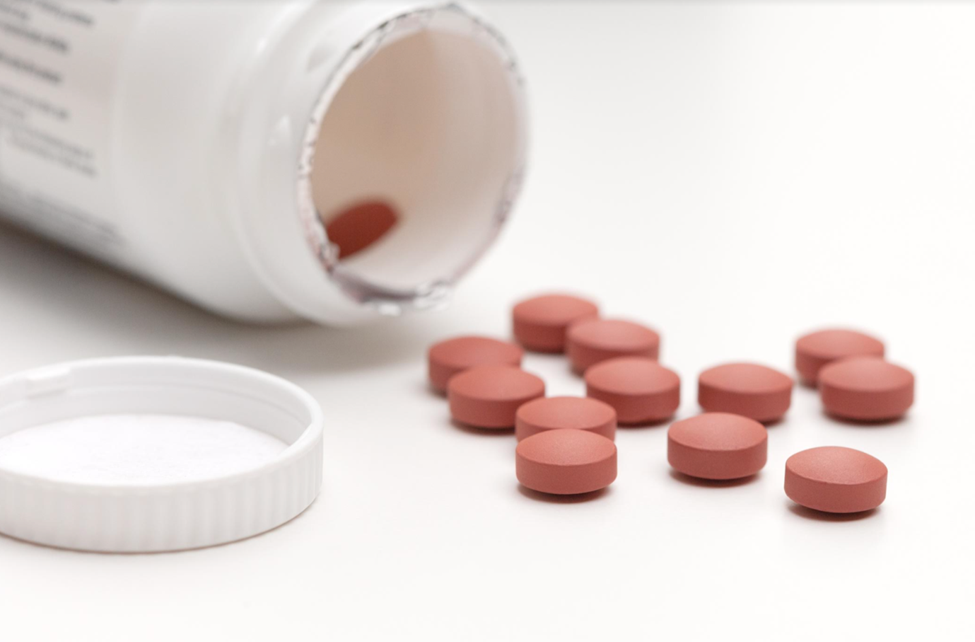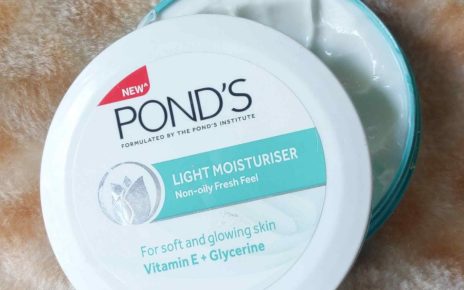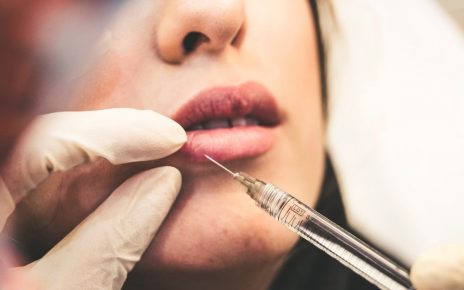Regenerative medicine is growing in popularity as a way to address many medical concerns. Everything from chronic pain to cognitive decline can be treated with regenerative options like stem cell treatment and cord blood therapy. One of the more common regenerative treatments is PRP therapy.
While many people look to PRP treatment as a potential solution to their health concerns, few understand how this therapy works. PRP therapy comes with certain restrictions that can impact your overall treatment and outcome. This includes the ability to take NSAIDS or other medications. Find out whether you can take ibuprofen after PRP injections in the guide below.
What Are PRP Injections?
PRP treatment is a minimally invasive, non-surgical procedure that uses your own blood to stimulate a healing response. PRP stands for “platelet-rich plasma.” This is the portion of your blood that contains a high number of platelets, which offer regenerative properties.
PRP is injected into specific areas of the body. This can induce a healing response that can help repair damaged tissues and improve symptoms like chronic pain.
Uses for PRP Treatment
Platelet-rich plasma is used for a number of different concerns, including medical conditions and aesthetic issues. The following are some of the most common issues that PRP injections address:
- Joint inflammation
- Nerve pain
- Muscle damage
- Hair loss
- Damaged or aged skin
During a PRP session, a small blood sample is taken from your arm and spun down in a centrifuge. This separates the plasma from the red blood cells.
The platelet-rich plasma is then injected directly into your areas of concern to encourage a deep regenerative response. Over time, this can potentially lessen chronic pain and even stimulate new hair growth.
NSAIDS and PRP Injections
PRP is a very simple, straightforward treatment. However, it does come with some contraindications and restrictions, and there are certain medications you will not be able to take after a PRP session.
For instance, you cannot take NSAIDS like ibuprofen, naproxen, aspirin, meloxicam, and celecoxib after a PRP injection. Non-steroidal anti-inflammatories can interact with your stem cells and cause platelet dysfunction. This can hinder the healing effects of your PRP therapy and lead to treatment failure.
For two weeks prior to your PRP session and at least six weeks after it, you will need to avoid these medications and opt for alternative pain relievers. Acetaminophen is the recommended painkiller to use during this time.
You should also strive to stay hydrated during this time. Proper hydration helps facilitate the regenerative properties of your PRP injections.
When to Seek PRP Treatment
If you struggle with concerns like chronic pain, hair loss, or skin damage, you may be a candidate for PRP therapy. You should consider speaking to your medical team about the possibility of regenerative treatments to learn how they might help you.
This post was written by a medical professional at Stemedix Inc. At Stemedix we provide access to Regenerative Medicine. Regenerative medicine has the natural potential to help improve symptoms sometimes lost from the progression of many conditions. The professionals at stemedix will break down exactly what is stem cell therapy.




